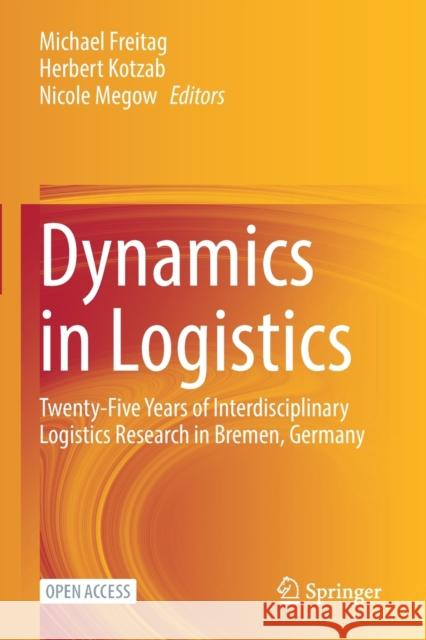Dynamics in Logistics: Twenty-Five Years of Interdisciplinary Logistics Research in Bremen, Germany » książka
topmenu
Dynamics in Logistics: Twenty-Five Years of Interdisciplinary Logistics Research in Bremen, Germany
ISBN-13: 9783030886646 / Angielski / Miękka / 2021 / 336 str.
Dynamics in Logistics: Twenty-Five Years of Interdisciplinary Logistics Research in Bremen, Germany
ISBN-13: 9783030886646 / Angielski / Miękka / 2021 / 336 str.
cena 160,99
(netto: 153,32 VAT: 5%)
Najniższa cena z 30 dni: 154,18
(netto: 153,32 VAT: 5%)
Najniższa cena z 30 dni: 154,18
Termin realizacji zamówienia:
ok. 22 dni roboczych.
ok. 22 dni roboczych.
Darmowa dostawa!
Kategorie:
Kategorie BISAC:
Wydawca:
Springer
Język:
Angielski
ISBN-13:
9783030886646
Rok wydania:
2021
Ilość stron:
336
Waga:
0.47 kg
Wymiary:
23.39 x 15.6 x 1.78
Oprawa:
Miękka
Wolumenów:
01
Dodatkowe informacje:
Wydanie ilustrowane











